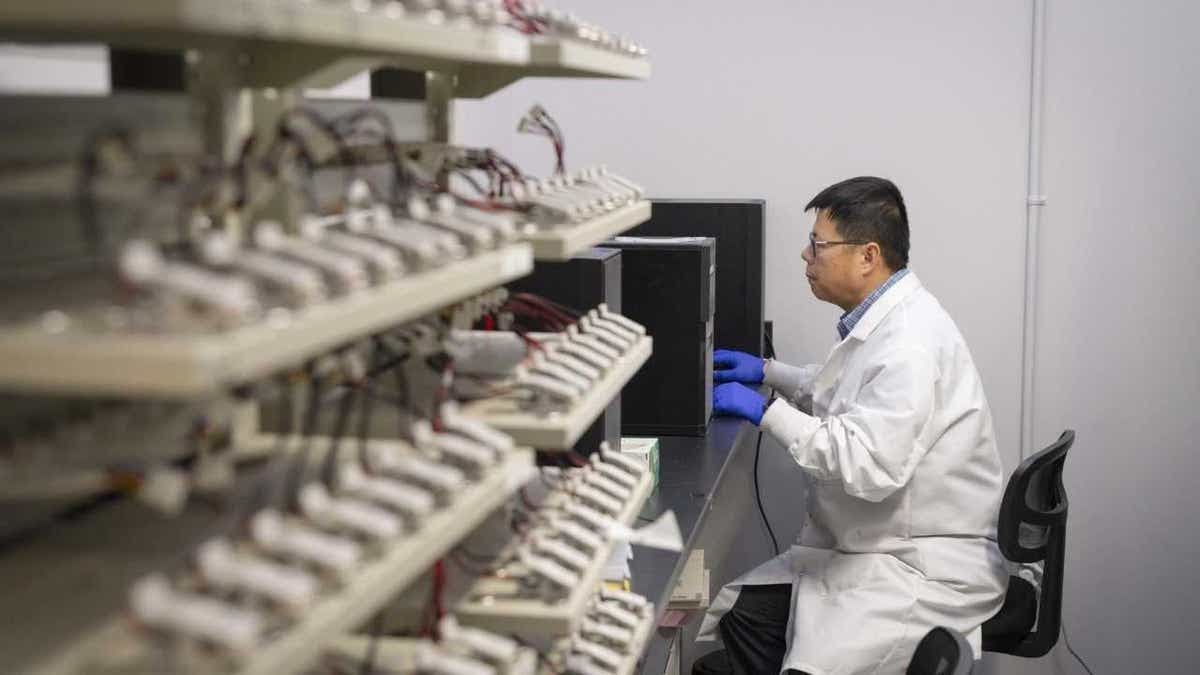As electric vehicles (EVs) gain traction, so does the challenge of handling battery waste. Every EV battery has a lifespan and what happens after it’s depleted is a growing concern. EV battery metals recovery, and thanks to a new breakthrough from researchers at Worcester Polytechnic Institute (WPI), the game might just be changing.
This innovative recycling technique not only recovers 92% of critical EV battery metals like lithium, cobalt, and nickel but also reuses them in high performance, next-gen batteries. It’s scalable, environmentally friendly, and just might redefine the clean energy lifecycle.
The Growing Problem of EV Battery Waste
Lithium ion batteries power everything from smartphones to Teslas, but they degrade over time. With millions of EVs hitting roads globally, the number of used batteries is skyrocketing. Traditional disposal methods like landfilling or burning pose environmental hazards and squander rare earth resources.
A 2022 study by the International Energy Agency (IEA) predicted that by 2030, over 11 million metric tons of lithium ion battery waste will accumulate. Without effective recycling, this could offset the green benefits of EV adoption.
WPI’s Game Changing Method: How It Works
The newly developed EV battery metals recovery technique by WPI researchers uses a hydrometallurgical process a water based chemical extraction method. Unlike smelting, which emits harmful gases and loses a significant percentage of metals, this method captures lithium, nickel, cobalt, and manganese with up to 92% efficiency.
Dr. Yan Wang, lead researcher at WPI, explains, Our process is closed-loop, energy efficient, and compatible with most battery chemistries. It’s not just a way to dispose of batteries it’s a way to rebirth them. This recovery rate significantly outperforms existing industrial recycling, which typically manages around 50 to 60% metal recovery.
Greener Supply Chain
One of the first real world trials of this technology was conducted in partnership with a major U.S EV manufacturer (kept anonymous due to NDA). The pilot involved recycling 10,000 used battery packs. The result? Nearly 8,500 packs were successfully converted into reusable materials for new battery manufacturing.
Engineers noted a 30% cost reduction compared to sourcing fresh raw materials, and carbon emissions were cut by over 70% during the recycling phase. This case study proves the practicality of WPI’s EV battery metals recovery process at an industrial scale.
What Industry Leaders Are Saying
Dr. Linda Gaines, a senior energy systems analyst at Argonne National Laboratory, says. Recovering over 90% of metals is revolutionary. It aligns with the circular economy model and drastically reduces our dependency on mining.
Mining itself is becoming increasingly controversial. From human rights violations in cobalt rich regions to massive ecological damage caused by lithium extraction, the industry is under pressure to evolve. Innovations like WPI’s technology offer a viable way out.
A Battery Tech Startup Founder Speaks
Ali Raza, founder of a battery repurposing startup in Pakistan, shared his experience using traditional recycling techniques. We often faced low yields, high energy costs, and dangerous working conditions. We imported tools from China but couldn’t get more than 60% recovery. This WPI breakthrough is a dream come true.
He adds that if such a method becomes affordable for small and mid sized enterprises (SMEs), it could open up battery recycling markets in South Asia and Africa, regions where electronic waste management is still a pressing issue.
Why This Matters for the Future of Clean Energy
The EV revolution is only sustainable if it includes efficient EV battery metals recovery. Without recycling, we risk depleting vital resources and reversing the ecological gains of electrification. The WPI method supports, Circular Economy Principles, Reduced Greenhouse Gas Emissions, Lower Manufacturing Costs, Decreased Mining Dependency. In essence, this technology ensures that the EV industry doesn’t trade one environmental crisis for another.
Challenges Ahead and the Road to Adoption
While promising, challenges remain. Large scale implementation requires regulatory support, supply chain reconfiguration, and investment in infrastructure. Additionally, public private partnerships will be essential in developing safe battery collection systems and creating a seamless recycling pipeline.
Still, the potential here is enormous. If scaled globally, this technology could save millions of tons of raw materials, reduce costs for EV manufacturers, and ensure a truly green transportation revolution.
A Turning Point for EV Sustainability
The WPI developed technology marks a turning point in EV battery metals recovery. With a 92% recovery rate, minimal environmental impact, and real world scalability, it’s more than a scientific achievement it’s a beacon for a cleaner, more sustainable future.
As the clean energy movement accelerates, technologies like this are not just helpful they’re essential.
